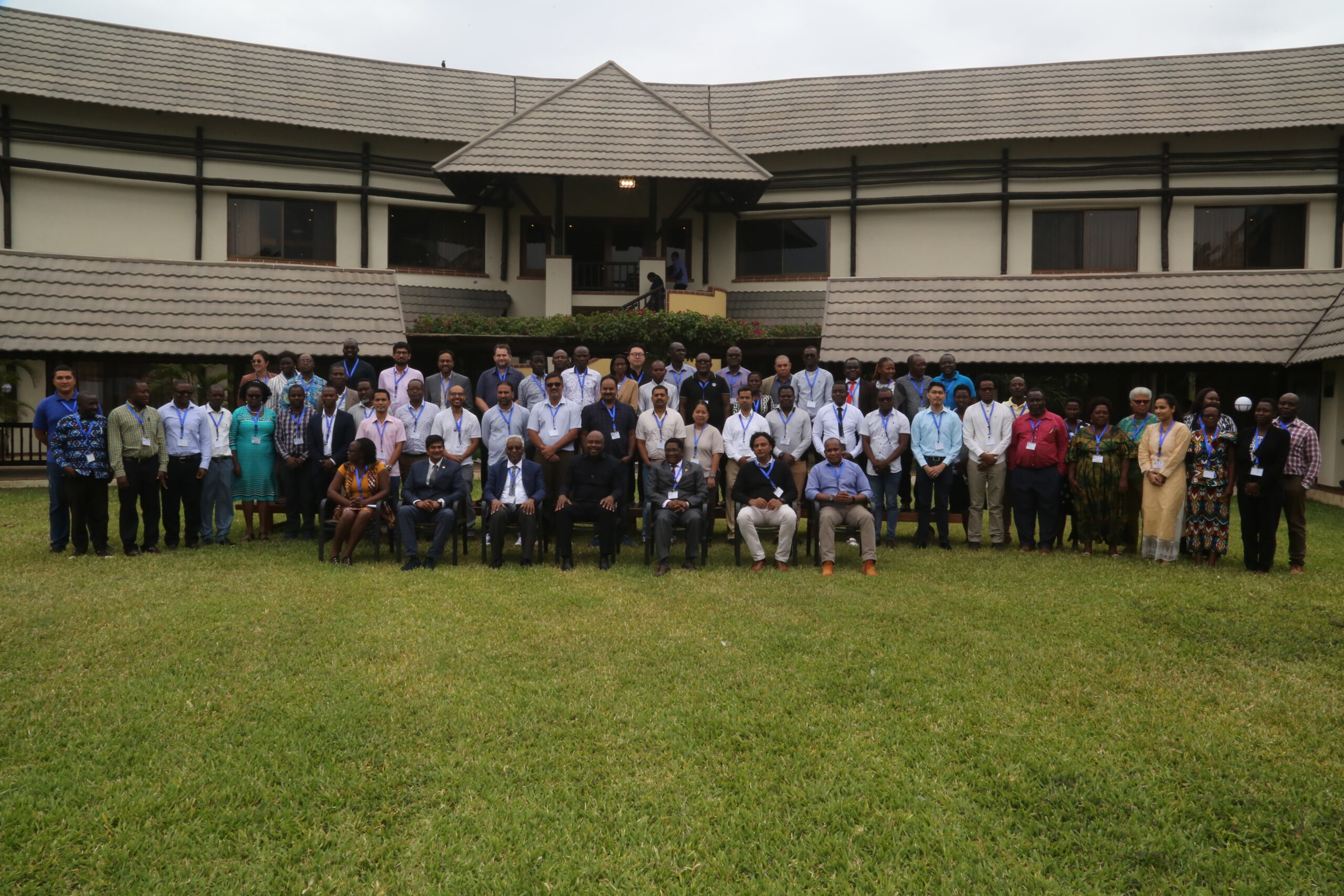World Leaders Advocate for Immediate Climate Action, Financial Aid to Developing Nations in General Assembly Debate
Heads of State emphasize climate funds, not mere promises, as the only way to a low-carbon future
At the 78th session of the United Nations General Assembly, leaders from around the globe congregated to address the climate crisis, emphasizing that concrete actions and financial assistance to fragile states are imperative to counter the detrimental impacts of climate change. The discussions, held on 21st September 2023, marked the third day of the high-level debate, underscoring that tackling financial distress is pivotal for achieving meaningful climate action and development.
The assembly saw over a dozen Heads of State and Government stressing the need for tangible climate measures rather than mere rhetoric. They urged for a reformation of global financial frameworks and unlocking of funds for developing nations to expedite their journey towards the Sustainable Development Goals (SDGs). The current financial architecture, they argued, controlled by a handful of States, is falling short in delivering necessary resources.
Denis Sassou Nguesso, the President of the Republic of Congo, highlighted an afforestation initiative led by him as part of the Congo Basin Climate Commission, showcasing his country’s effort in preserving the environment with one of the world’s lowest deforestation rates at 0.06 percent. He advocated for robust technical and financial partnerships to shield Africa’s arable land from climate adversities.
President Lazarus McCarthy Chakwera of Malawi reflected on his nation’s recent challenges, including a severe cholera outbreak, droughts, and a devastating cyclone, urging the developed world to transition from words to actions on climate financing. He called for debt cancellation to reallocate funds towards rebuilding essential infrastructures like roads, schools, hospitals, and businesses.
In a similar vein, José Ramos-Horta, President of Timor-Leste, suggested hastening the energy transition in fragile states through debt alleviation, low-interest international finance, and increased development aid. He criticized banks and creditor nations for their apathy towards debt cancellation, proposing that OECD members allocate 1% of their national GDP to official development assistance (ODA).
Wesley Simina, the President of the Federated States of Micronesia, urged all parties to the Paris Agreement, especially major emitters, to commit to halving emissions by 2030 and attaining net-zero by 2050. He emphasized the potential of reducing global warming by at least 0.5°C by eliminating methane, hydrofluorocarbon emissions, and other short-lived climate pollutants from industrial activities.
Similarly, Vice-President Han Zheng of China underscored the necessity to cease the construction of new coal-fired power projects overseas while actively supporting developing countries in fostering green energy initiatives. China, he reiterated, is committed to ecological conservation and a transition to green, low-carbon development.
Russ Kun, the President of Nauru, drew attention to the significance of United Nations ideals for his country, the smallest Member State. He stressed the urgent need for global collaborative measures to adapt and mitigate climate change, keeping the 1.5°C temperature rise limit within sight.
Vice-President Jessica Alupo of Uganda urged developed countries to uphold their commitment as per the Paris Agreement, to provide $100 billion annually through 2025 to assist developing nations in climate mitigation and adaptation.
Responding to this, Dan Jørgensen, Minister for Development Cooperation and Global Climate Policy of Denmark, disclosed that Denmark is augmenting its grant-based climate finance, doubling its contribution to the Green Climate Fund next year, and tripling its climate finance to developing countries by 2030.
In a stark reminder of the calamities fueled by climate change, Prime Minister Kyriakos Mitsotakis of Greece cited recent fires, heatwaves, and landslides in Southern Europe, Africa, and the Mediterranean. He emphasized the collective failure in prioritizing short-term adaptation while acting on long-term mitigation, advocating for a global forum to facilitate new financing for immediate climate adaptation measures.


